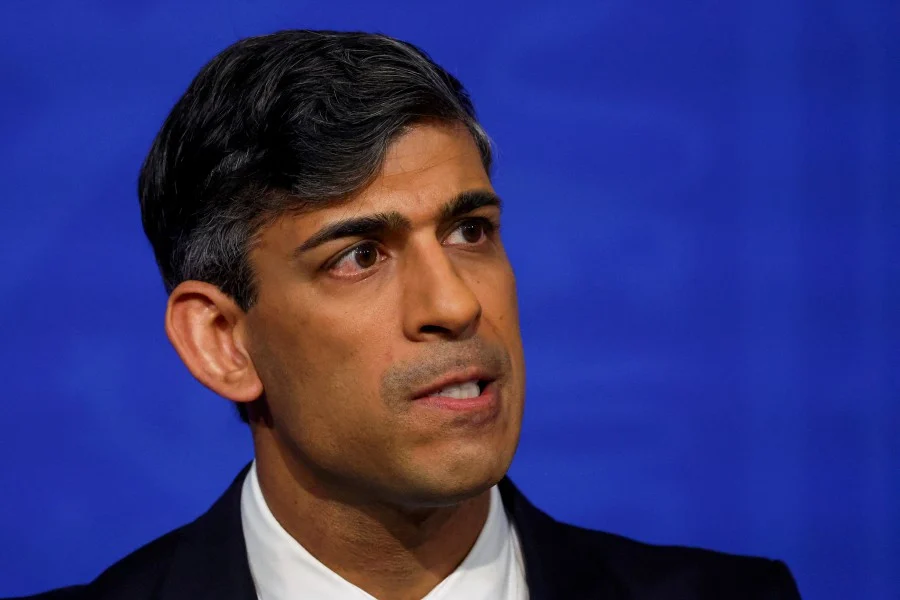As the United Kingdom prepares for an impending general election, the economy has delivered a surprising piece of good news: it has officially exited the recession during the first quarter of the year. This significant economic rebound comes at a crucial time and may play a pivotal role in the electoral strategies of competing political parties. This blog explores the dynamics behind this economic recovery, the role of government policies, and the potential impacts on the political landscape. General Election
Understanding the Recession General Election
Initially, the UK economy faced a severe downturn, influenced by a myriad of factors including the global pandemic, Brexit-related challenges, and international trade disruptions. The recession was marked by significant contractions in GDP, rising unemployment rates, and consumer uncertainty, which painted a bleak picture for the country’s economic stability.
The Turnaround
However, as we moved into the first quarter of the year, the economy began showing signs of an unexpected recovery. Several factors contributed to this turnaround:
- Government Stimulus Measures: In response to the recession, the government implemented a series of stimulus measures aimed at boosting economic activity. These included tax relief for businesses, increased public spending on infrastructure, and financial support for unemployed workers.
- Vaccination Rollout: The successful rollout of COVID-19 vaccines played a crucial role in restoring consumer and business confidence, enabling a gradual return to normalcy in various sectors of the economy.
- Adaptation and Innovation: Businesses across the UK rapidly adapted to new realities, embracing digital transformations and innovative practices that opened up new avenues for growth.

Economic Sectors Leading the Recovery
The recovery was not uniform across all sectors. Some sectors rebounded faster and stronger, contributing significantly to the overall economic upturn:
- Technology and Digital Services: With the increased adoption of remote working and e-commerce, the tech sector saw a surge in demand, driving significant economic contributions.
- Construction and Real Estate: Government incentives to stimulate the housing market, along with renewed construction projects, played a critical role in driving the economic recovery.
- Manufacturing: Rebounding from initial disruptions, the manufacturing sector benefited from renewed export demands and improvements in supply chain logistics.
Political Implications General Election
The timing of the economic recovery could not be more critical, coming just before the general election. This situation presents both opportunities and challenges for the incumbent government and opposition parties:
- Incumbent Government: The ruling party is likely to leverage the economic recovery as evidence of their effective economic management. This could be a key point in their campaign, aiming to secure the trust of voters who prioritize economic stability.
- Opposition Parties: On the other hand, opposition parties may focus on areas where recovery is still lagging, such as in sectors impacted by trade disruptions post-Brexit. They could argue that while the economy is recovering, the benefits are not being felt equally across all segments of society.
Public Perception and Voter Impact
The public’s perception of the economic recovery will significantly influence voter behavior. If the electorate views the recovery as strong and inclusive, this could sway undecided voters towards the incumbent government. However, if the recovery is perceived as uneven or insufficient, it could generate support for opposition parties promising more comprehensive economic reforms.
Challenges Remain
Despite the positive news, challenges remain. The UK still faces issues such as:
- Inflationary Pressures: As the economy recovers, inflation has begun to rise, which could erode real income and savings, impacting consumer spending.
- Brexit-Related Trade Issues: The full economic impact of Brexit continues to unfold, with some industries facing ongoing challenges related to new trade barriers and regulations.
- Global Economic Uncertainty: The global economic environment remains uncertain, with issues like geopolitical tensions and other international economic policies potentially affecting the UK.
A Dynamic Landscape General Election
In conclusion, the UK’s exit from recession ahead of the general election sets the stage for a dynamic political and economic landscape. As parties rally to position themselves as the best stewards of the nation’s economy, voters will play a crucial role in deciding the direction the country will take. The interplay between economic recovery and political promises will undoubtedly shape the discourse in the run-up to the election, making the next few months critical for both policymakers and the public. General Election
Inspired by Al-Jazeera News and read more Articles Here, Read Previous Also
